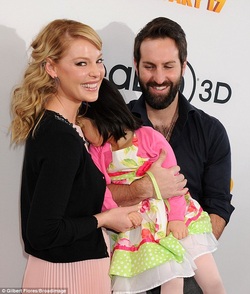
Sometimes, living in Hollywood has its moments. Since coming to Los Angeles one of my favorite things to do on a lazy weekend is consume a shitload of edibles (don't worry I have a card) and catch a matinee at the local theater house. Before, when I lived on the Venice border of Santa Monica, walking the beach and getting fucked up was one of the highlights of my week. I'd walk the pedestrian path along the beach (watch out for cyclists!) to 3rd Street, where there would be three theaters in a 2-block radius: 2 AMCs and a Laemmle 4-plex. It was the perfect blend of Hollywood and Art House. Since my move from Santa Monica to Hollywood, one of those theaters--the AMC, thank god--has since shut down and become a frozen yogurt shop (or another Apple store), much to my disappointment. Where I live now, the closest movie house is the Hollywood ArcLight, home of the Cinerama Dome, an overpriced luxury theater that caters to industry creatives and celebrities alike. Since I've never actually been able to afford a ticket to the ArcLight (matinee or not), I've taken my business to the more commercial, this past weekend being Regal's L.A. Live.
On Saturday, after much discussion and excitement over a second-viewing of Wolf of Wall St--which I still have mixed feelings toward--I decided to bust out my Groupons and ride the Metro to downtown. On the way there, I indulged in a hubby bar (see example below)
On Saturday, after much discussion and excitement over a second-viewing of Wolf of Wall St--which I still have mixed feelings toward--I decided to bust out my Groupons and ride the Metro to downtown. On the way there, I indulged in a hubby bar (see example below)
to ensure maximum relaxation through Scorsese's 3-hour nudity/lude spectacle. Coming off at Pico, I also walked the four blocks (in the other direction) to the Staples store, where I sometimes like to walk around and touch things while I'm stoned. Since I had more than an hour and a half before the movie, I took my time getting to the theater. As a result of this, I also approached the theater when I was at my most cloudiest of dazes.
Something to realize about LA Live: since so much of this place is just a handful of overpriced corporate restaurants (i.e. Hooters) anchored by a Lucky Strike, movie theater, Grammy museum, and the Staples Center, the place isn't exactly "cracking" at 11 in the morning. Since I like my personal space, this isn't a problem for me, and I, in fact, embrace it. Coming around the corner toward the theater, I noticed that there was an unexpected hustle and bustle that I don't normally encounter unless I'm in a full-on tourist destination (like at Hollywood & Highland or 3rd Street Promenade). Not since I saw Goldie Hawn and Kurt Russell walking outside of a Brookstone one time had I seen so many photographers. So, in my cloudy buzz, I didn't realize that I had stepped right into the entrance of the red carpet for The Nut Job. Confused, I stood there for a few moments asking my companion what was going on. The security, who was now noticing that I wasn't a 7-year-old kid or their stage-mom, yelled at the coming crowd to have their tickets out and ready as they approached the theater doors. Since I was closer to the carpet than I expected, I watched as the stars posed for the cameras before realizing, Oh, this is a movie premiere on a...Saturday morning. Unexpected, I know.
Something to realize about LA Live: since so much of this place is just a handful of overpriced corporate restaurants (i.e. Hooters) anchored by a Lucky Strike, movie theater, Grammy museum, and the Staples Center, the place isn't exactly "cracking" at 11 in the morning. Since I like my personal space, this isn't a problem for me, and I, in fact, embrace it. Coming around the corner toward the theater, I noticed that there was an unexpected hustle and bustle that I don't normally encounter unless I'm in a full-on tourist destination (like at Hollywood & Highland or 3rd Street Promenade). Not since I saw Goldie Hawn and Kurt Russell walking outside of a Brookstone one time had I seen so many photographers. So, in my cloudy buzz, I didn't realize that I had stepped right into the entrance of the red carpet for The Nut Job. Confused, I stood there for a few moments asking my companion what was going on. The security, who was now noticing that I wasn't a 7-year-old kid or their stage-mom, yelled at the coming crowd to have their tickets out and ready as they approached the theater doors. Since I was closer to the carpet than I expected, I watched as the stars posed for the cameras before realizing, Oh, this is a movie premiere on a...Saturday morning. Unexpected, I know.
So, I had gotten my stoned ass to the front of the red carpet for a children's movie. No worries, I had done this before. I mean, most of early 2013 was spent doing the same, only at Disneyland (although that's another story). Seeing as how I was ticket-less and unable to comprehend most basic human functions aside from munchie-muching, I walked to the other side of the street (behind the poster set-up, you know, the things they pose in front of). There, I spent a good amount of time pointing out the backs of celebrities, one of them being Katherine Heigl, before getting bored and walking to the other entrance of the theater to get tickets for Wolf. It was about 30 minutes from showtime so we were extremely early. So early, that we purchased a large soda and waited in the lobby until we were certain the appropriate time had come to enter the theater. While we sat in the lobby, we were privy to the open area the celebrities were walking into in order to get into the screening room for The Nut Job. It was there that I was able to capture this snap of who I presume is Brendan Fraser (the tall one in the middle).
Although he could also very easily pass as Bill Paxton, I'm told. He (Fraser or Paxton, not sure really) made his way around the lobby posing for pictures with people, so I know he was hot shit. Hey, I mean, I sat around and watched him so that means something. After about 10 minutes, the crowd pretty much subsided except for a few late attendees who made their way into the theater. When we got into Wolf, the theater was completely empty and dark. Remember when you were a kid and your fifth-grade class got taken to the Exploratorium where they had that dark tunnel/cave thing that you crawled through (more like cried through)? Yes, that was how dark it was. Let me tell you, when they have those half-assed light things along the pathway up the stairs, they really don't illuminate shit when it comes down to it. Seeing as there was no other way I could just stand back around in the lobby, we trekked our way to the top and sat in the back in the silent darkness. Very creepy.
About twenty minutes before the movie started, people began coming in and, I suppose since they were creeped out by my cackling, had the employees turn on the lights. I could finally see my fingertips.
And so, Wolf of Wall St. started and our 3-hour An Unexpected Journey began. An hour and a half (maybe two hours?) later, the fire alarm began ringing and I, the ever-paranoid non-schizophrenic, cleared a path to the nearest exit. I was stopped in my bee-line to the doorway by a couple who needed to get their refund before exiting. Of course, I was already bracing my body for the nightmare that could only be happening behind me, so I pummeled myself through the exit. I'd never been so thankful for the "fresh" air of Los Angeles. Back outside, the importance of getting a refund returned to my mind and I circled through guest services (always remember to go to guest services for a refund, not the box office) for my re-admission ticket. And that's the story of how I got my free admission passes to Regal's LA Live theaters and saw Brendan Fraser (or Bill Paxton, or the Governor from The Walking Dead, still not 100%).
About twenty minutes before the movie started, people began coming in and, I suppose since they were creeped out by my cackling, had the employees turn on the lights. I could finally see my fingertips.
And so, Wolf of Wall St. started and our 3-hour An Unexpected Journey began. An hour and a half (maybe two hours?) later, the fire alarm began ringing and I, the ever-paranoid non-schizophrenic, cleared a path to the nearest exit. I was stopped in my bee-line to the doorway by a couple who needed to get their refund before exiting. Of course, I was already bracing my body for the nightmare that could only be happening behind me, so I pummeled myself through the exit. I'd never been so thankful for the "fresh" air of Los Angeles. Back outside, the importance of getting a refund returned to my mind and I circled through guest services (always remember to go to guest services for a refund, not the box office) for my re-admission ticket. And that's the story of how I got my free admission passes to Regal's LA Live theaters and saw Brendan Fraser (or Bill Paxton, or the Governor from The Walking Dead, still not 100%).
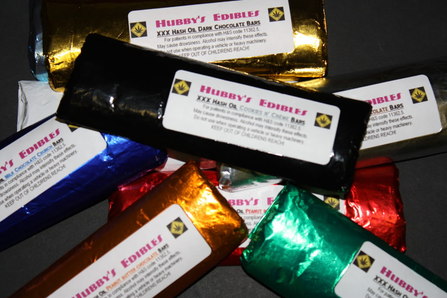
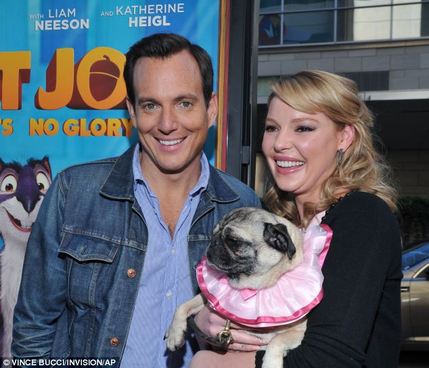
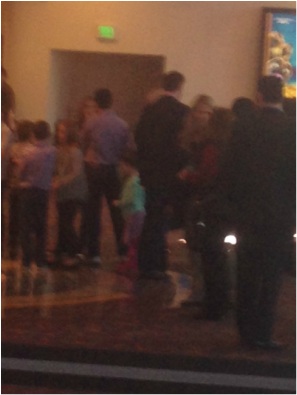
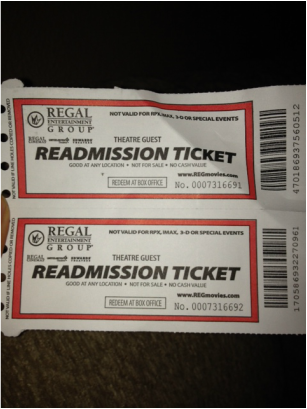
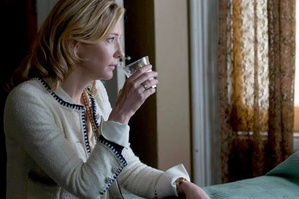
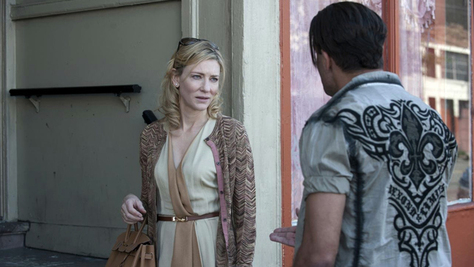
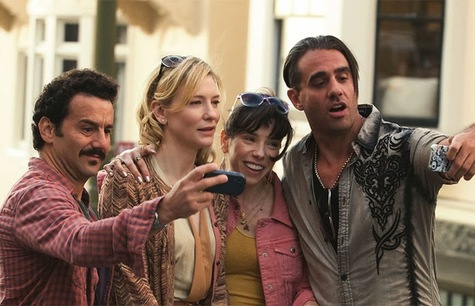
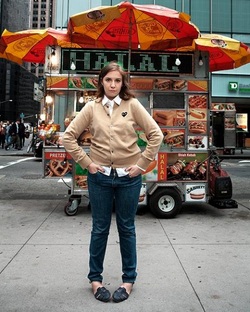
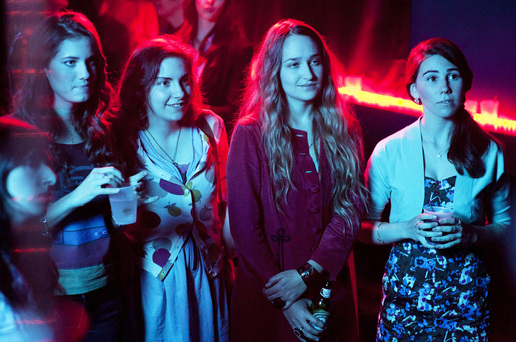
 RSS Feed
RSS Feed